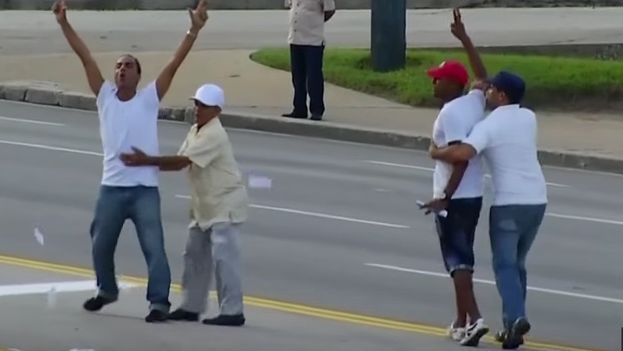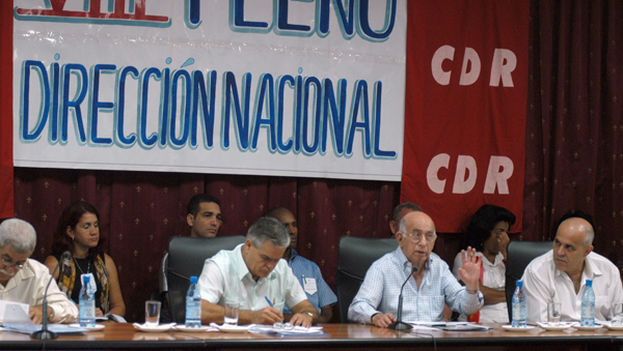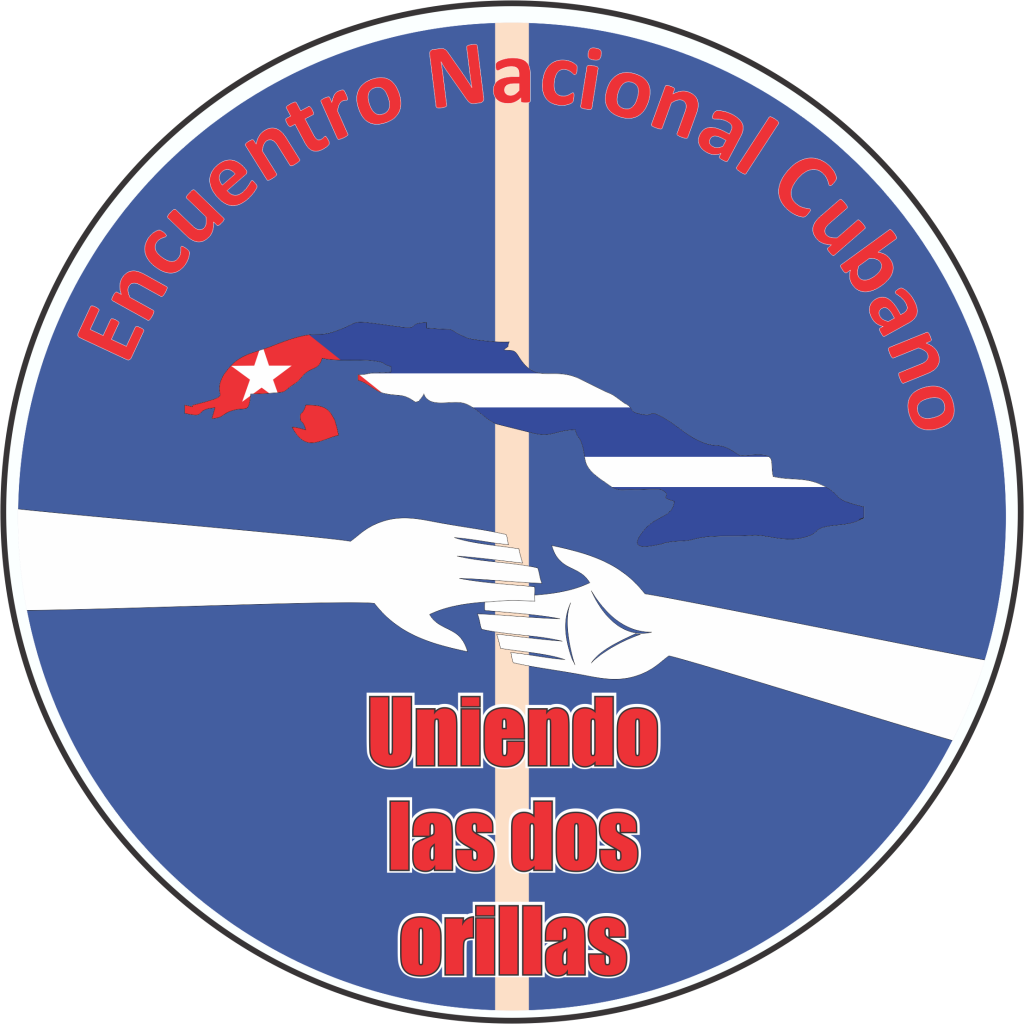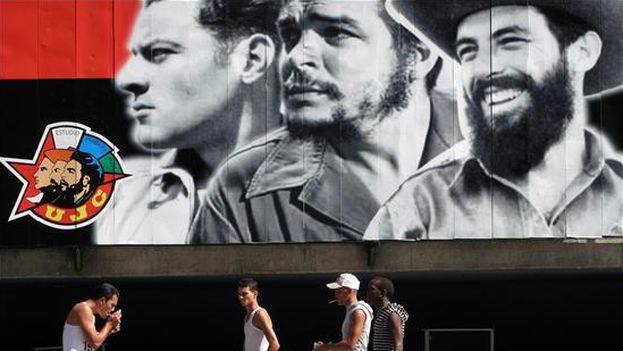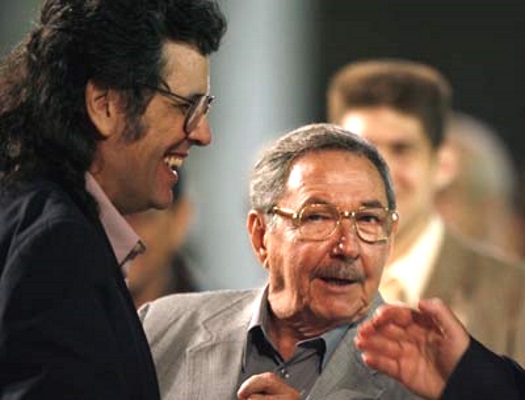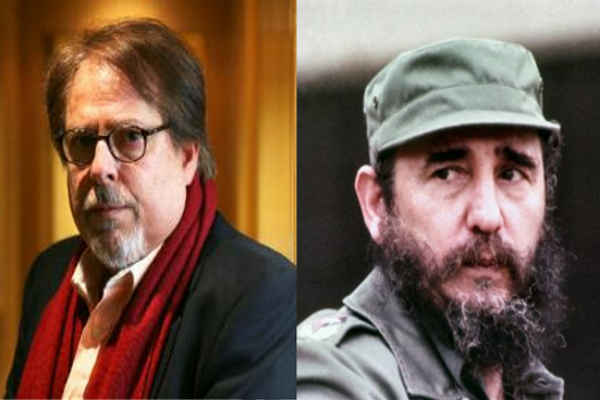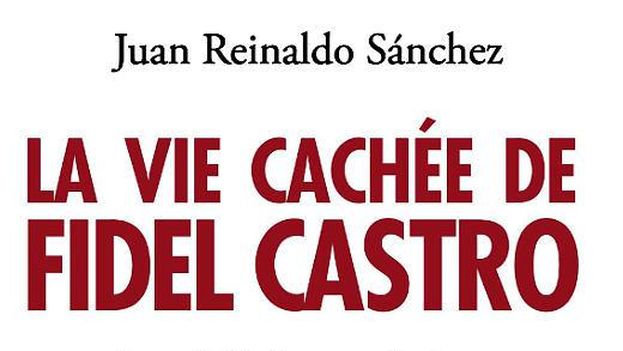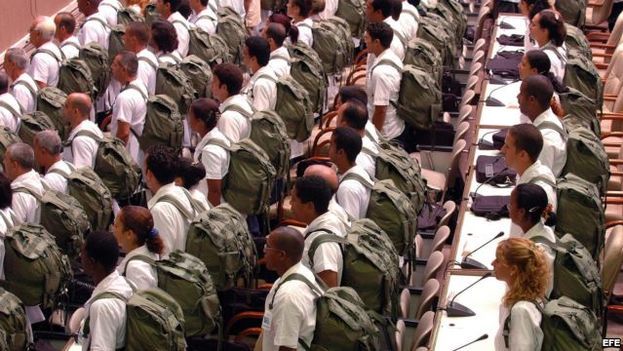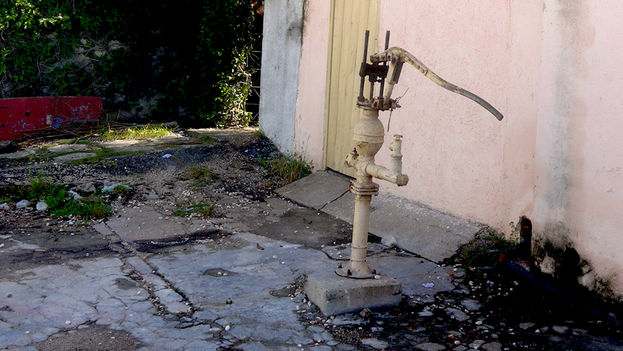According to his own words Jimenez Leal wanted to reflect the character of the Cuban who tries to reconcile, at any cost, “his historical responsibility” with the rumba. It was a kind of tribute to the popular wit that occurred when, instead of Fidel Castro’s official slogan of “Homeland or Death,” a mixed-race woman in a bar one night was heard to say, while she was undulating, “Why not ‘Homeland or Minor Injuries’?”
The director of television’s Channel 2 catalogued P.M. as controversial. Surprised by the response, Jimenez Leal decided to show it to Saba Cabrera Infante, and together they turned it into the 14-minute short that shook the Revolution. continue reading
From his house in Miami, the filmmaker told this reporter from Cubanet, “I proposed to make a short film that was not political, but a simple poem to the night. It would be called Post Meridien or, more simply, P.M.”
Subject to censorship in May 1961, P.M. drew the ire of neoStalinists, such as Alfredo Guevara and Mirta Aguirre, who had emerged as staunch defenders of the Revolution. Both unleashed a war against the movie that, after protests, applause and rejections, led to several meetings until, on June 30, Fidel Castro spoke his Words to the Intellectuals, “Within the Revolution, everything; outside the Revolution, nothing.”
“At that moment I was shocked,” Jimenez Leal confessed, “I saw nothing subversive in the film. I thought all artistic expression was itself revolutionary. How, then, could a little film provoke anyone? But I thought it was a temporary state of emergency. What I didn’t suspect is that Cuba would be in a state of ‘temporary emergency’ my whole life.”
Since then phrases like “temporary emergency,” “it’s not the historical moment,” or “the dirty laundry is washed at home,” were the arguments to censor works of art and literature considered “outside the Revolution.” This exclusionary mark constituted a crime that, right up to our time, has condemned more than a few creators to ostracism, prison and exile.
Critical subjects, due to their sexual orientation or religion, skin color, or political orientation against the regime, among the other deadly sins of Cuban artists and writers, were and are put on a black list of creators outside the temple of the Revolution. Many authors and works remain outside the cultural heritage of the nation.
Weren’t the writers José Mario Rodriguez, Ana Maria Simo, Manolito Ballagas Jose Lorenzo Fuentes, Lina de Feria, Heberto Padilla, Maria Elena Cruz Varela and Raul Rivero, just to mention the most famous, imprisoned for being critical subjects? Aren’t the members of Arte Calle (Street Art), the groups Paideia, Puré and Cacharro marginalized or forced into exile?
Currently imprisoned is the writer Ángel Santiesteban, author of the blog The Children Nobody Wanted, and winner of the Julian del Casal, Alejo Carpentier and Casa de las Americas prizes, among other national and international level awards. The graffiti artist Danilo Maldonado, “El Sexto” is also in prison for painting two piglets green and naming them Raul and Fidel.
Tania Bruguera has been arrested for her performance of Tatlin’s Whisper, they’ve taken her passport and accused her of committing the crime on contempt. Gustavo Perez Silverio had his contract as a professor of the Faculty of Socio-Cultural Studies cancelled at the University of Santa Clara, they closed a radial space, and he is being expelled as a researcher of dance and theater for being critical of the revolution .
With these thunders no one sleeps. Unless the name of someone who questions the banning of a literary work or the imprisonment of an author in Tahiti, the staging of a performance in Peru, or the painting of graffiti on a wall in Kandahar is criticized. The rest is blah blah blah, posturing, a heap of rubbish. Nevertheless, the spokespeople call to criticize.
There is no one like a Cuban intellectual for emitting nonsense, promising loyalties, arming a new discourse about another erasure and hiding the past histories, one within the other, like nubile matryoshka dolls at the door of a black market of opinions, or a brothel of ideas on Arbat Street. His eloquence is proverbial, his hands large, his tongue a medieval gallows.
So it doesn’t surprise me that the gentlemen Abel Prieto and Julian Gonzalez, cultural advisor to the Cuban president and Minister of Culture respectively, made from the May Festival – an art, literature and political revel that takes place every year on Holguin – a call for the development of a critical subject in every young creator in Cuba.
Faithful to its strategy of hiding under the carpet of a false reformism the remnants of the freedom of expression, erased by a discourse preceded by a pistol whipping – which still resounds in the trough of the intellectuality – on a table in the National Library, the “neo-seniles” trainers of youth try out a new farce on the national amnesia.
The modeling clay is ready, the model as well, it just needs the basic revolutionary ingredients added, ranging from a overdose of political unconditionality, high levels of ideological pomposity and a pinch of the salt of national identity, until the perfect touch of a mix smelling of banners, the altarpiece and the people. The critical subject is ready to act.
 Victor Manuel Dominguez
Victor Manuel Dominguez
Freelance journalist. Resides in Central Havana. vicmadominguez55@gmail.com
